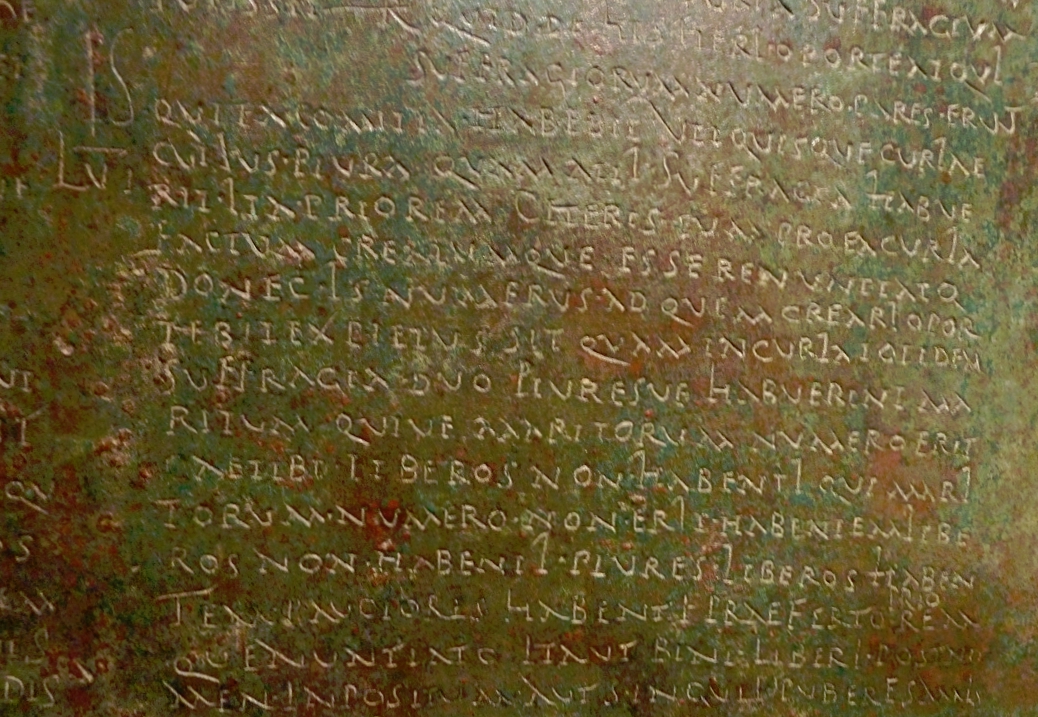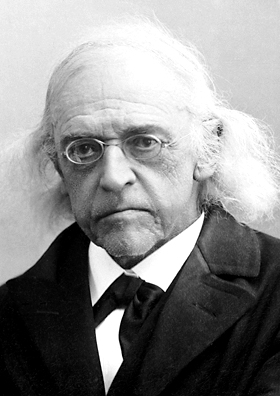Rome History Social War, 90-88 B.C.
Enlarge text Shrink textThe Social War (from Latin bellum sociale, "war of the allies"), also called the Italian War or the Marsic War, was fought largely from 91 to 88 BC between the Roman Republic and several of its autonomous allies (socii) in Italy. Some of the allies held out until 87 BC. The war started in late 91 BC, with the rebellion of Asculum. Other Italian towns quickly declared for the rebels and the Roman response was initially confused. By the new year, the Romans had levied huge armies to crush the rebels but found initial headway difficult; by the end of the year, however, they were able to cut the Italian rebels into two, isolating them into northern and southern sectors. The Italian rebels attempted to invade Etruria and Umbria at the start of 89 BC but were defeated. In the south, they were defeated by Lucius Cornelius Sulla, who for his victories would win a consulship the next year. The Romans retained the initiative and by 88 BC, the conflict was largely over and Roman attention had been captured by the ongoing First Mithridatic War. The few Italian rebels on the field by 87 BC eventually reached a negotiated settlement during a short civil war that year. At various stages of the war, Romans brought legislation allowing Italian towns to elect Roman citizenship if they had not revolted or would otherwise put down arms, draining support from the rebels. Views differ as to the causes of the war, primarily on whether Roman citizenship was already a coveted status whose extension was the goal of the Social War or not. The main ancient source for the period is the relatively late Appian, who wrote in the imperial period during the 2nd century AD, and whose narrative is largely one based on demands of the allies for Roman citizenship. Other historians, most especially Henrik Mouritsen, have focused instead on a perceived alternative tradition which has the Italian allies rebelling against Roman hegemony and encroachment on allied lands. The massive expansion of the citizenship that followed the Social War remained a politically-charged topic, especially in terms of how they would be allocated into voting blocks. Disputes over enfranchisement played a role in Sulla's march on Rome in 88 BC to depose plebeian tribune Publius Sulpicius Rufus. Fears of Sulla rolling back hard-won Italian rights contributed to resistance during Sulla's civil war. The conflict also blurred the distinction between Romans and their enemies; the presence of large armies in Italy during the war also provided opportunities for generals to seize power extralegally. For these reasons and others, some historians believe the conflict played an important role in setting up the collapse of the republic.
Read more on Wikipedia >
 Topic
Topic









